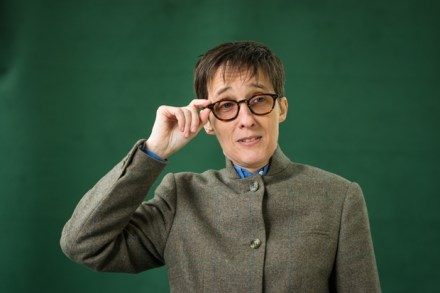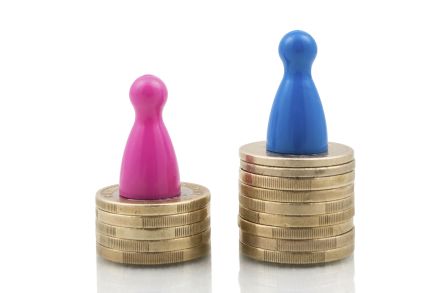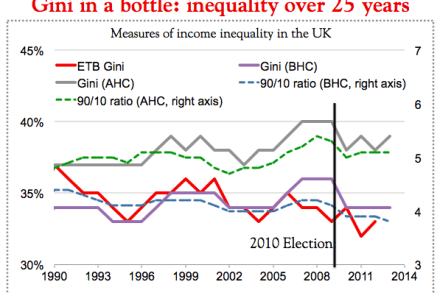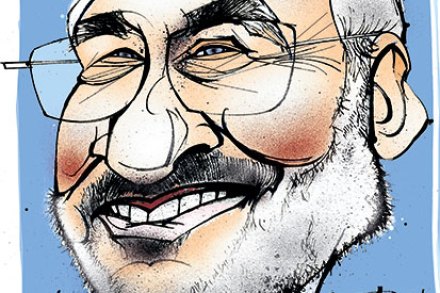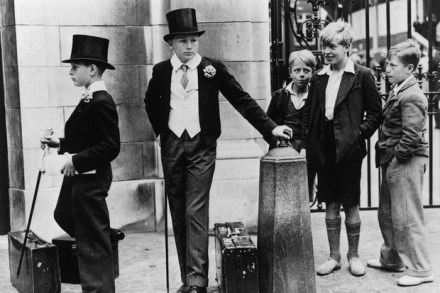The new PM is right to want boardroom reform, but how can she make it happen?
I spent Sunday at the Sage Gateshead watching an epic performance of Götterdämmerung (I declare an interest, as a trustee of Opera North), so my head was full of it as I braced for more political backstabbing and immolation on Monday. That was very much the way it went as Andrea Leadsom fell, Theresa May rode her horse into the ring of flame that is the forthcoming Brexit negotiation, and Jeremy Corbyn, still clutching Labour’s tarnished ring, was dragged underwater by Angela Eagle, unlikeliest of Rhinemaidens. Enough of the Wagner mash-up: what really caught my ear during the brief moment between Mrs May’s campaign launch and coronation was her attack


